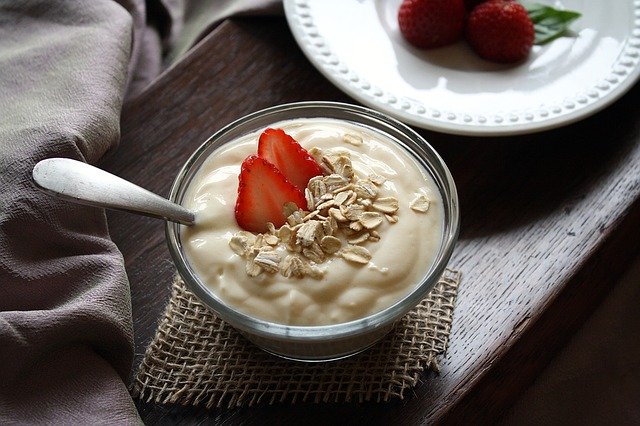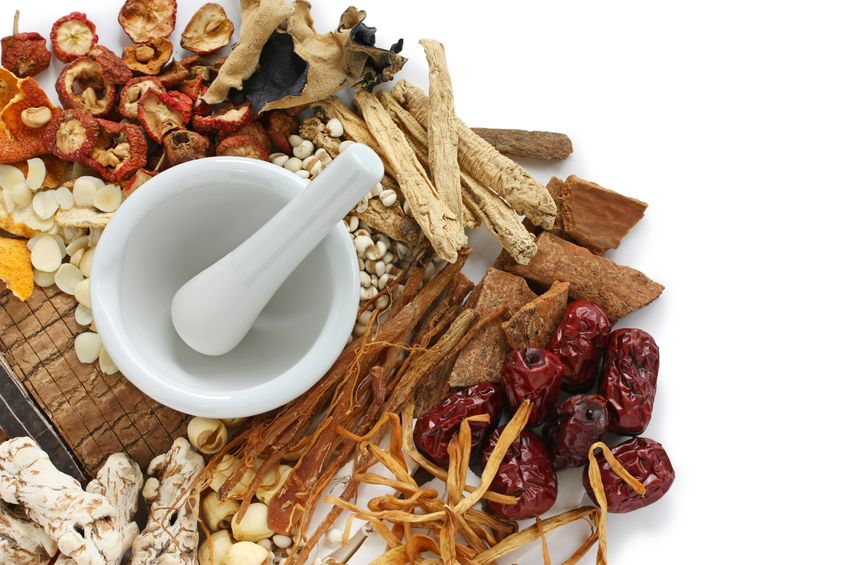Digestive upsets in children don’t just impact the overall health and wellbeing of the child, they have knock-on effects for the child and their family, such as missed learning opportunities, missed playdates and family bonding activities.
In fact, in a recent survey* of 600 mums in Singapore, 1 in 3 mums reported that their children have missed school for 3 days or longer in the last year due to digestive upsets, with more than half (54%) reporting that precious family moments in terms of social interactions, play dates and even work were disrupted for 2 days or more while nursing their child back to health.

If your child is generally healthy, you wouldn’t normally pay special attention to their gut health. However, gut health in children needs our attention because it is the key to a number of development milestones for them. These include helping:
- To nurture and regulate immunity
- Brain development
- Digestion
- Nutrient absorption
The gut: Where the brain and immune system meet
Until recently, we tended to think that a healthy gut aids in digestion and nutrient absorption, but not much else. But in fact, there is a huge connection between our gut and immune system – the lining of the human digestive tract is home to 70 per cent of the cells that make up your immune system! This is called the ‘gut barrier’. When the gut barrier is healthy, it acts as one of the first lines of defence against illnesses.
➡️ Related Read: Building Baby’s Immunity: It All Starts In The Gut
Keeping the gut healthy
By now, it is a well-known fact that good bacteria in the gut is what helps to keep the gut healthy.
Disruptions to the delicate balance in the gut and the subsequent digestive upsets can be caused by several factors such as a change in seasons and food habits, picking up germs, taking antibiotics for an illness, or even being anxious for just two hours.
When children experience digestive upsets and infection, it can disrupt the balance of good bacteria in the gut, impacting adversely on gut health and the immune system. To restore health, the balance of friendly bacteria in the gut must be re-established.
Healthy lifestyle equals a healthy gut
What can be done to establish a good balance of friendly bacteria in the gut? Simple remedies include ensuring your child has enough dietary fibre – fruits, vegetables, whole grains and nuts – this help to feed the gut microbe that lines the inner walls of the intestine.
Drinking plenty of fluids and exercising are also good practices in building a strong and healthy gut. Last but not least, consuming probiotics in either supplement form or in foods that have probiotics.
The role of probiotics in managing gut health
Probiotics are ‘good’ and ‘helpful’ bacteria because they help to keep the gut healthy. During episodes of digestive upsets, they have an important role to play in restoring a child’s gut health, by re-establishing the balance of friendly bacteria in the gut.
As a parent, although you are there for your child at every step of the way, you cannot stop them from picking up bad bacteria, but you can help restore your child’s health more quickly through safe and effective probiotic use.
Probiotics can be found in a variety of food such as yoghurt, tempeh, kimchi and miso as well as in supplements. With the latest innovations, there are now probiotic supplements available that have been specially developed for children.
➡️ Related Read: How to Choose The Most Suitable Probiotics for Your Whole Family
Choosing a probiotic supplement
Not all probiotics are the same. Here’s what you should look out for when selecting a probiotic for your child. Of utmost importance, the probiotic should be proven effective with a good safety profile, backed by sound scientific research. Next, look out for a probiotic that has the ability to survive the heat and acidity of the gastric tract.
The probiotic needs to do this in order to make it alive all the way to the small intestine where it works best. A probiotic that can do this typically comes in a ‘spore’ format, where it has a hard ‘helmet’ that protects it from the heat and acidity in the gastric tract.
There are also probiotics that are specially designed for consumption by children – these probiotics typically don’t have any taste or colour and come in liquid form to make it easier for consumption by children.
Before taking a probiotic, speak to your pharmacist or doctor to further understand gut health in children and how you can strengthen your child’s immunity so that he or she doesn’t miss out on precious moments.
*Gut Health Insights survey commissioned by Sanofi.
By Dr Lee Bee Wah.
Dr Lee Bee Wah is a paediatrician at the Mount Elizabeth Medical Centre, with a special interest in the areas of clinical paediatric immunology and allergy. Her research has included the role of probiotics in immunological responses and allergies.
* * * * *
Like what you see here? Get parenting tips and stories straight to your inbox! Join our mailing list here.
Want to be heard 👂 and seen 👀 by over 100,000 parents in Singapore? We can help! Leave your contact here and we’ll be in touch.





























































